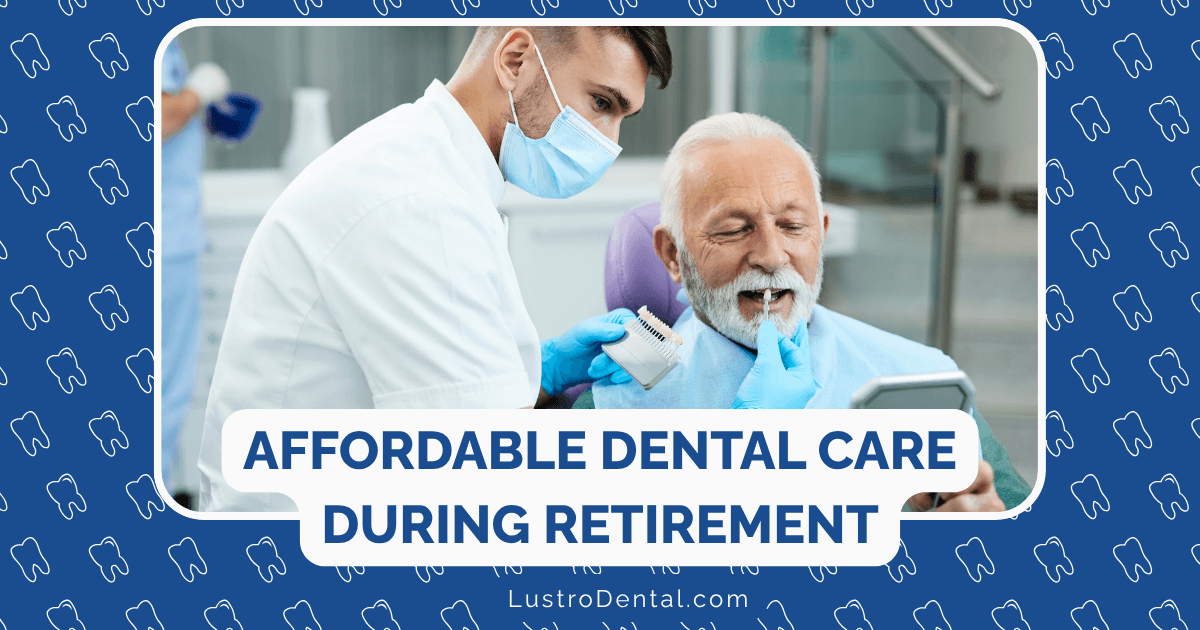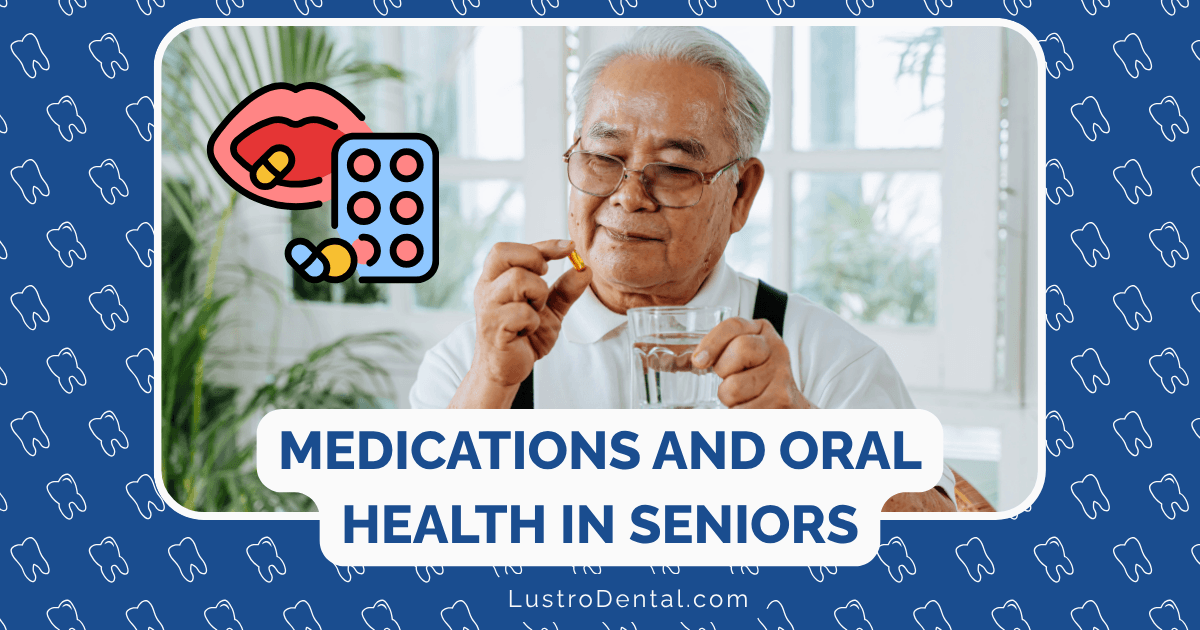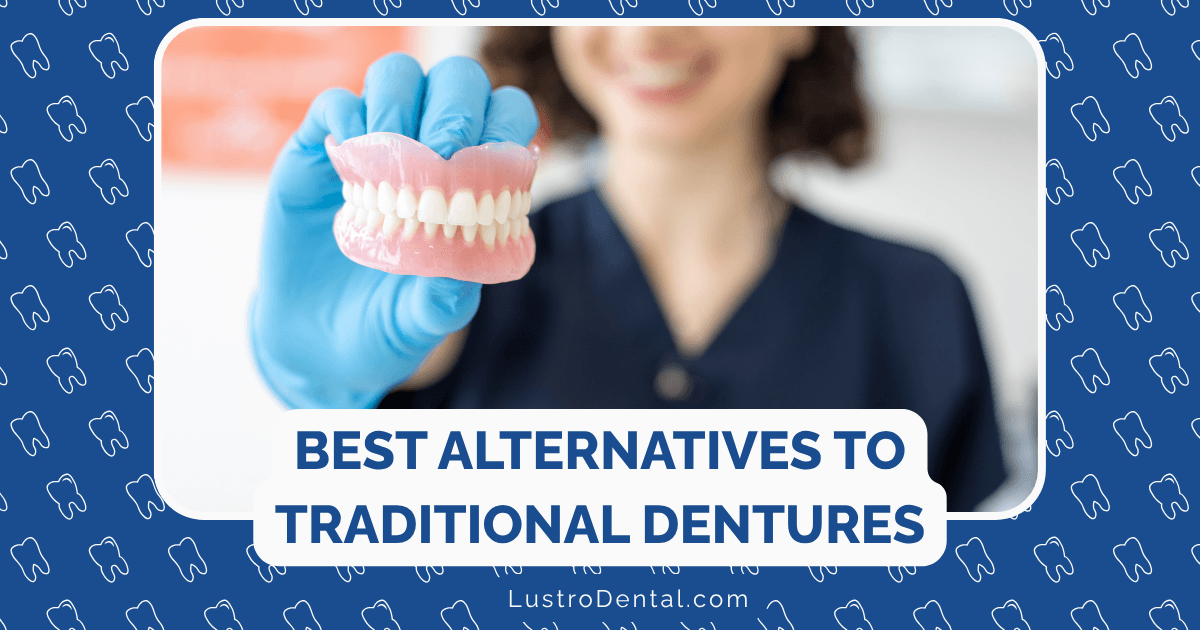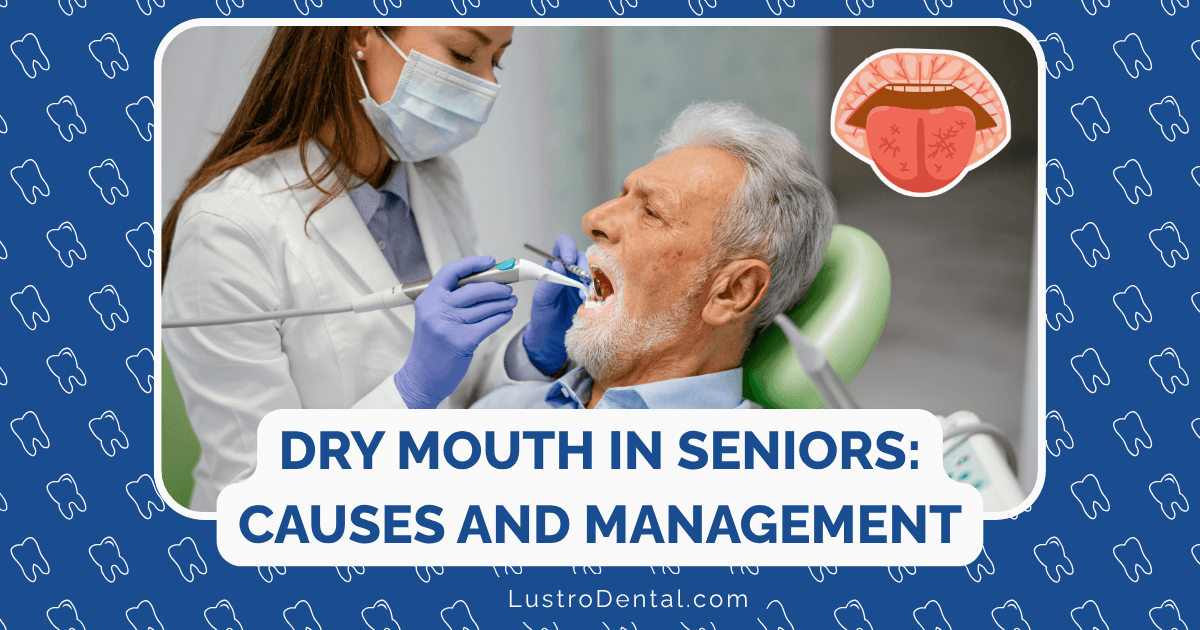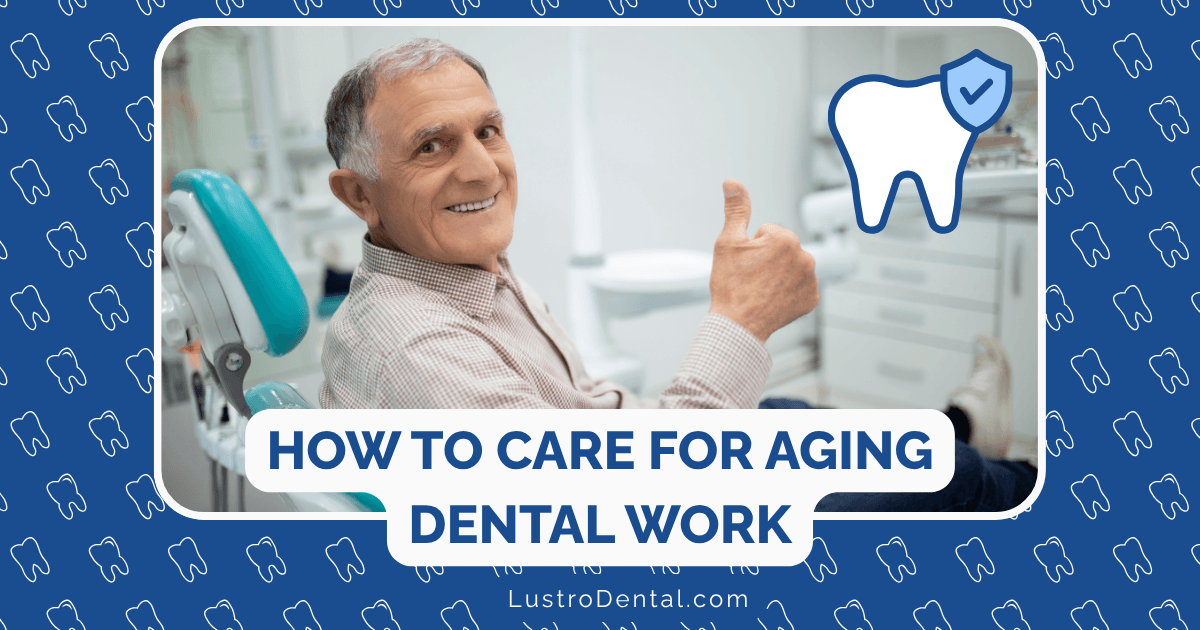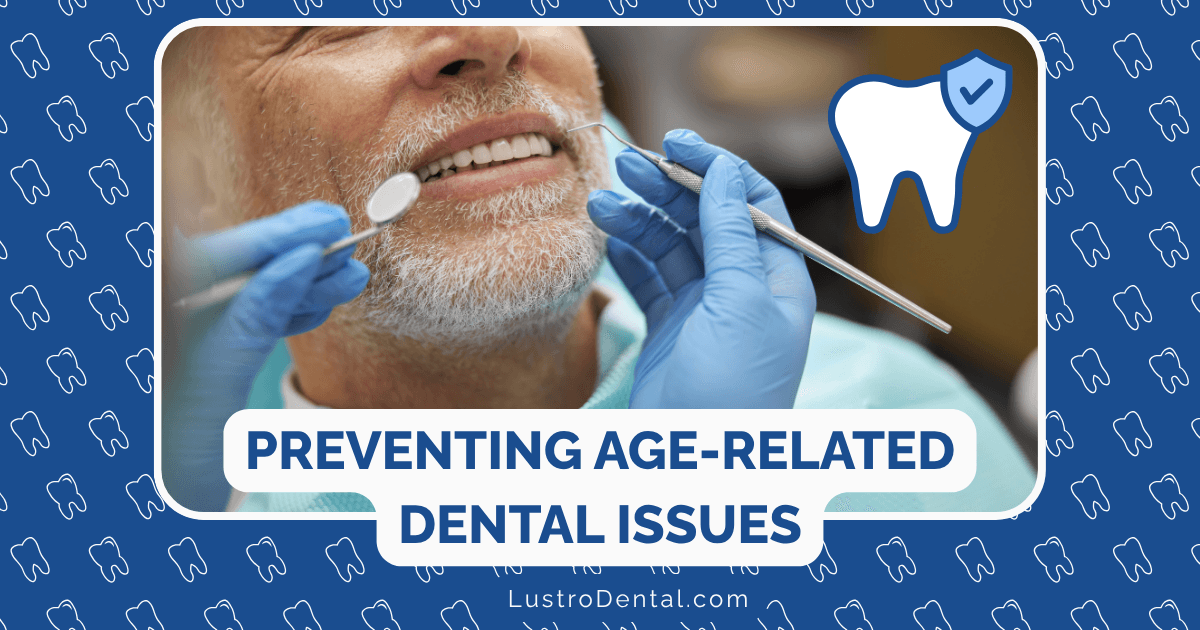Teens and Oral Hygiene: Motivating Without Nagging
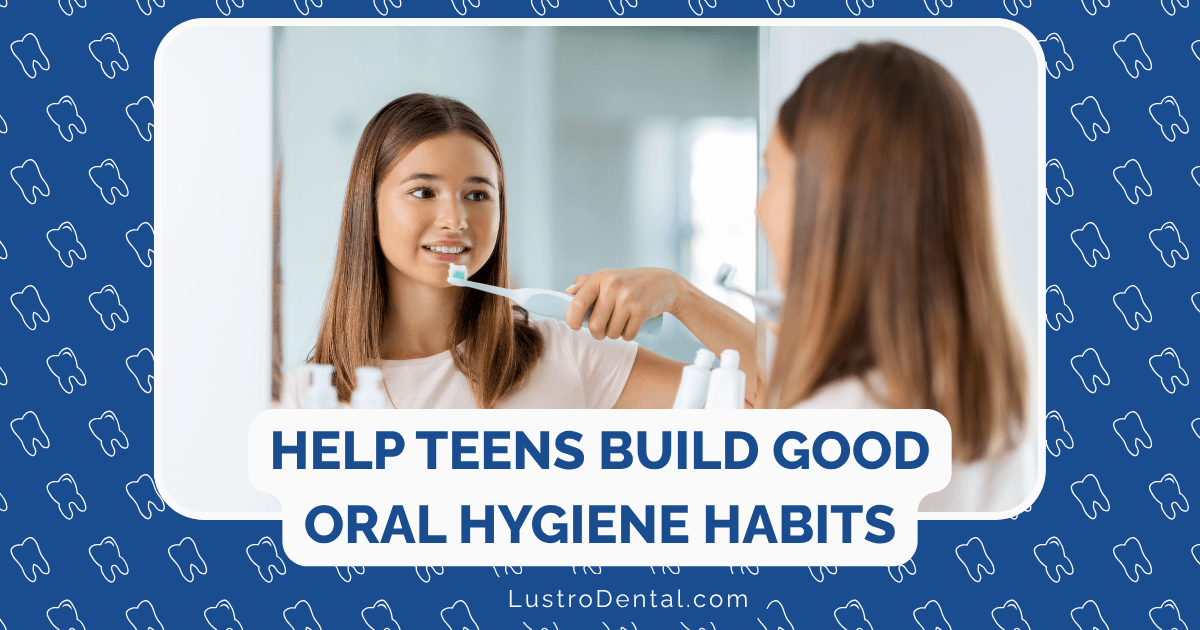
If you’re the parent of a teenager, you’ve likely experienced the eye-rolling, heavy sighing, or door-slamming that follows yet another reminder to brush their teeth. Despite your best intentions, “Have you brushed your teeth yet?” has somehow transformed from a simple question into a battle cry that launches World War III in your household.
You’re not alone. According to the American Dental Association, most teens brush for only about 75 seconds—well short of the recommended two minutes—and nearly 60% of adolescents ages 12 to 19 have had at least one cavity in their permanent teeth. The struggle is real, but the nagging approach clearly isn’t working.
So how do you motivate your teen to maintain good oral hygiene without turning into a broken record? Let’s dive into strategies that actually work, backed by psychology and real-world experience.
Understanding the Teen Brain: Why Nagging Fails
Before we tackle solutions, it helps to understand why teens seem allergic to both toothbrushes and parental advice. Dr. Sarah Chen, adolescent psychologist at Teen Health Institute, explains: “The teenage brain is undergoing massive rewiring. The prefrontal cortex—responsible for planning, decision-making, and considering long-term consequences—is still developing, while the reward centers are hyperactive.”
This means:
- Teens are neurologically primed to resist perceived control
- Long-term consequences (like future dental problems) have little impact on current behavior
- Social rewards and immediate benefits are powerful motivators
- Autonomy and respect are paramount
Research published in the Proceedings of the National Academy of Sciences found that when health behaviors were framed as ways to assert autonomy and resist manipulation by corporations (like food or tobacco companies), teens were significantly more motivated to make healthier choices.
Effective Motivation Strategies That Don’t Involve Nagging
1. Appeal to What Teens Actually Care About
Forget cavities and gum disease—focus on what matters to teens right now:
- Social impact: “Bad breath can affect your social life more than you think.”
- Appearance: “Regular brushing keeps your smile bright for those Instagram selfies.”
- Independence: “Taking care of your oral health is part of being in control of your own body.”
- Justice: “Big companies spend millions trying to get you hooked on sugary drinks that damage your teeth. Don’t let them win.”
Dr. Michael Rodriguez, pediatric dentist at Adolescent Dental Care, notes: “When I talk to teens about yellow teeth affecting their appearance or bad breath impacting their social interactions, I suddenly have their full attention. It’s about connecting oral health to what they value right now.”
2. Leverage Technology
Most teens are glued to their devices—why not use that to your advantage?
- Bluetooth toothbrushes: Connected brushes with apps that gamify brushing
- Timer apps: Fun apps specifically designed to ensure proper brushing time
- Reminder apps: Less intrusive than parental nagging
- Before/after photo tracking: Visual evidence of improvement can be motivating
James Peterson, tech reviewer at Digital Health Today, suggests: “The Philips Sonicare app turns brushing into a game with real-time feedback, while the Oral-B app gives teens ‘brushing scores’ they can improve over time. It’s like turning dental care into a video game.”
3. Give Them Control and Choices
Autonomy is a powerful motivator for teens. Let them have a say in their oral health:
- Shopping input: Let them choose their own toothbrush, toothpaste, and floss
- Schedule flexibility: As long as they brush twice daily, let them decide when
- Method options: Manual vs. electric toothbrush, string floss vs. water flosser
- Responsibility for appointments: Gradually transfer ownership of dental appointments
Emily Warren, parent of three teenagers, shares: “When I stopped micromanaging and instead gave my 16-year-old a budget to choose his own oral care products, his interest level skyrocketed. He came home with an electric toothbrush that plays music for two minutes and actually uses it without reminders.”
4. Create Environmental Triggers, Not Verbal Ones
Instead of verbal reminders (aka nagging), set up environmental cues:
- Bathroom mirror notes: A simple sticky note is less irritating than a verbal reminder
- Morning/evening routine charts: Include brushing as part of a larger routine
- Strategic product placement: Keep oral hygiene products visible and accessible
- Link to existing habits: “Phone doesn’t get charged until teeth get brushed”
“Environmental cues bypass the resistance that comes with direct confrontation,” explains Dr. Lisa Chen, behavioral psychologist at Adolescent Development Center. “A sticky note doesn’t feel like mom or dad trying to control you—it’s just a neutral reminder.”
5. Use the Power of Social Influence
Teens are highly influenced by their peers and people they admire:
- Share articles or videos of celebrities discussing their oral care routines
- Find peer testimonials about dealing with dental issues
- Use social media influencers who promote good oral health
- Encourage group accountability among siblings or friends
A 2024 study in the Journal of Adolescent Health found that teens were 62% more likely to adopt a health behavior when they believed their peers valued it. As one study participant noted, “I started flossing because my crush mentioned he does it every day.”
6. Connect with Their Values
Research shows that aligning health behaviors with teens’ existing values creates stronger, more sustainable motivation:
- For environmentally conscious teens: Highlight eco-friendly dental products
- For animal lovers: Emphasize cruelty-free oral care brands
- For socially conscious teens: Discuss companies with ethical practices
- For fitness enthusiasts: Connect oral health to overall athletic performance
Taylor Martinez, 17, explains why this works: “When my mom kept telling me to brush, I ignored her. When I learned that my favorite toothpaste tested on animals, I researched alternatives and ended up learning about oral health in the process. Now I brush with a bamboo toothbrush and vegan toothpaste because it aligns with what I care about.”
7. Make It Convenient
Remove barriers to good oral hygiene:
- Multiple stations: Keep dental supplies in more than one bathroom
- Travel kits: Ensure they have portable options for sleepovers or trips
- Subscription services: Sign up for regular deliveries of oral care products
- Backup supplies: Have extras on hand for when they inevitably run out
“Convenience is key,” says Dr. James Wilson, family dentist at Family Dental Center. “I tell parents to keep floss picks in the car, by the TV, and anywhere else their teen spends time. Make it easier to floss than not to floss.”
Addressing Specific Oral Health Challenges for Teens
Braces and Orthodontics
Nearly 4 million Americans under 18 wear braces, making this a common teen challenge:
- Water flossers: Much easier to use with braces than traditional floss
- Interdental brushes: Help clean around brackets and wires
- Orthodontic-specific products: Special brushes designed for braces
- Visual guides: Before/after photos showing what happens when oral care is neglected with braces
Sports and Active Lifestyles
For athletic teens:
- Custom mouthguards: Protect teeth during sports
- Hydration awareness: Many sports drinks are acidic and high in sugar
- Post-game routine: Emphasize the importance of brushing after consuming sports drinks or energy bars
Busy Schedules
Between school, activities, jobs, and social lives, teens are legitimately busy:
- Simplified routines: Two minutes, twice a day is manageable for anyone
- Multi-tasking options: Brush while in the shower or while checking social media
- Realistic expectations: Acknowledge that perfect compliance isn’t always possible
When to Seek Additional Help
Sometimes resistance to oral hygiene goes beyond typical teenage behavior:
- Dental anxiety: May require professional intervention
- Sensory issues: Some teens have legitimate sensory aversions to brushing
- Depression: Can manifest as neglect of self-care
- ADHD: May impact ability to maintain consistent habits
If you suspect any of these issues, consult with your teen’s dentist and healthcare provider for appropriate support.
Real Success Stories from Parents and Teens
“My son wouldn’t brush regularly until his crush mentioned bad breath was a deal-breaker. Suddenly, he’s flossing daily and using mouthwash without a single reminder from me.” — Maria, mother of a 16-year-old
“I started taking better care of my teeth when my dentist showed me close-up pictures of what was happening in my mouth. The visual impact was way more effective than my parents’ lectures.” — Jayden, 18
“We implemented a ‘no phone charging until teeth are brushed’ rule. No arguments, no exceptions. It worked within days because her phone is her lifeline.” — Derek, father of a 15-year-old
The 3-3-3 Rule for Teeth: A Simple Framework
One effective approach is teaching teens the 3-3-3 rule:
- Brush 3 times a day (morning, after lunch if possible, and before bed)
- For 3 minutes each time (slightly longer than the minimum recommendation)
- See the dentist every 3 months for braces, or every 6 months for routine care
This simple framework is easy to remember and provides clear expectations.
Creating a Supportive Environment Without Nagging
The key to motivating without nagging is shifting from external control to internal motivation:
- Model good behavior: Let your teen see your own oral hygiene routine
- Provide resources, not reminders: Keep supplies stocked and accessible
- Respect privacy: Knock before entering the bathroom to check on brushing
- Use humor: Lighten the mood around dental care
- Celebrate improvements: Notice and acknowledge positive changes
- Choose your battles: Focus on the essentials, not perfection
Dr. Emily Warren, adolescent development specialist at Teen Health Institute, advises: “Remember that your long-term goal isn’t just clean teeth—it’s raising a self-motivated adult who takes responsibility for their health. Sometimes that means letting them experience natural consequences in the short term.”
The Bottom Line: Trust and Respect
Ultimately, motivating teens without nagging comes down to two fundamental principles: trust and respect. Trust that they can take responsibility for their health when given the right tools and information. Respect their growing autonomy and need for self-determination.
As one 17-year-old put it: “When my parents stopped treating me like a little kid who needed constant reminders and instead talked to me like they trusted me to handle my own hygiene, I actually wanted to prove I could do it. Their confidence in me made me more confident in myself.”
By focusing on intrinsic motivation rather than external control, you’re not just promoting good oral hygiene—you’re helping your teen develop the self-regulation skills they’ll need for a lifetime of health and well-being. And that’s something worth smiling about.
How have you successfully motivated your teen to maintain good oral hygiene? Share your tips and experiences in the comments below!


